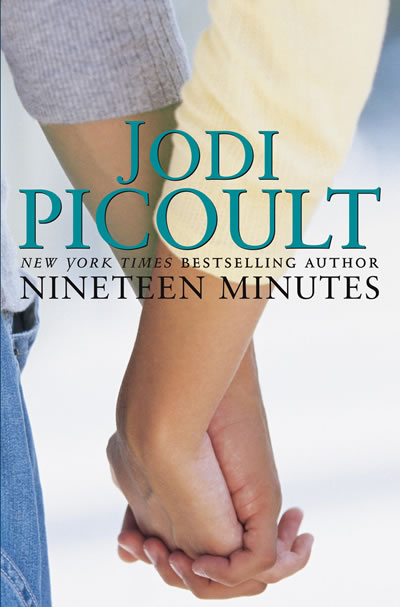The House of Mirth by Edith Wharton
Chapter 14
"He knelt by the bed and bent over her, draining their last moment to its lees; and in the silence there passed between them the word which made it all clear" (Wharton, page 268).
I have to say that the end of this novel was heartbreaking. I believe that Lily committed suicide after her agony seemed to crash down on her. As soon as she told Selden in the previous chapters that he would not see him for a while, I felt that she was going to harm herself because she is overwhelmed by her situation. Furthermore, I believe that the climax seems to be her conversation with Selden in chapter twelve. Everything seemed to be clear to her and I knew the fate of her once she burned the letters. As I said in my last blog, the letters seem to symbolize her past life of luxury. The letters were her ticket back into society and money with Rosedale. When she burned them, I felt that she saw her love of Selden could not bring her to expose the letters and that at the same time, she knew she could no longer go on. I do wish Lily could have found hope in Nettie Struther to keep going and see herself in Nettie's story. When she went to sleep, I felt that her wish was to go on and end up like Nettie with a baby but she had already acted on her woes.
As a whole, I ended up enjoying the book even though I can say that I did not like it at all when I started. The pain of Lily is seen in the second half as I began to feel sorry for her circumstance although brought on by her own choices. Lily was not given the best foundation for her life with her mother's snobbish attitude towards those of a lower class. The remarks of her mother tore her to pieces as she became what her mother always told her to avoid. I do wish I could know what came of Selden. He was my favorite character as he was sensible about his situation.
"But at least he had loved her - had been willing to stake his future on his faith in her - and if the moment had been fated to pass from them before they could sieze it, he saw now that, for both, it had been saved whole out of the ruin of their lives" (Wharton, page 267-268).
"I was born in the arms of imaginary friends. Free to roam, made a home out of everywhere I've been. Then you come on crashing in, like the realtest thing. Trying my best to understand all that your love can bring. Oh, half of my heart's got a grip on the situation. Half of my heart takes time. Half of my heart's got a right mind to tell you that I can't keep lovin' you, can't keep lovin' you, with half of my heart."







